Donald Trump has ramped up his baseless accusations that Democrats are plotting to “cheat” or “steal” the election, raising fears that the former president is setting the stage for an attempt to overturn the result if Vice President Kamala Harris wins.
But any effort to derail the electoral process would run up against an array of new guardrails this time around, legal experts say, making it unlikely that any such attempt would succeed. The new protections include: an electoral law Congress passed in the wake of the Jan. 6 insurrection, recent court rulings, more vigilance from state election officials and more aggressive law enforcement by agencies determined to avoid a repeat of violent scenes from the U.S. Capitol four years ago.
“It’s very hard this time,” said law professor Richard Hasen, an election expert at UCLA.
In 2020, Trump issued similar warnings before the vote. When he lost to Joe Biden, he lobbied officials in swing states to overturn the result, filed a flurry of lawsuits claiming fraud and demanded his vice president, Mike Pence, refuse to certify the result.
But state officials resisted his pressure, judges tossed out his team’s lawsuits, and Pence defied Trump and carried out his constitutional duty to affirm the result of the vote.
Unlike in 2020, Trump is no longer the president and does not have the power of the executive branch at his disposal. And the bipartisan Electoral Count Reform Act, passed in 2022, tightened the process to cast and count electoral votes, gave federal courts a clear role to quickly resolve disputes and made it more difficult for lawmakers to raise frivolous objections.
Some attempts by pro-Trump groups to alter how votes are counted and certified have already failed, with judges rejecting the measures as illegal and unconstitutional. Last week, Georgia’s Supreme Court rejected an effort by pro-Trump Republicans to introduce new election laws in the state, including one that would have required hand-counting of ballots and others that would have delayed the certification process.
If Trump sought to challenge the election results, he would have two potential paths to try to overturn the results, and both routes are “long shots,” said Hasen, director of the Safeguarding Democracy Project at UCLA Law School.
One would be to try to delay certifying the results in certain counties or states by alleging irregularities or making other claims. Dozens of state and local election officials are now in office in swing states who have openly rejected the 2020 results, raising the possibility that they could refuse to certify the vote count or cause other delays.
But such efforts would most likely fizzle out, legal experts said. State secretaries of state and attorney generals in key states like Pennsylvania and Arizona have vowed to take local governments to court if they try to delay the process.
“You may still have some people trying to engage in these shenanigans,” said Gowri Ramachandran of the Elections and Government Program at the Brennan Center for Justice at New York University School of Law. “But I think, ultimately, a combination of the state election officials, the attorney generals, who often represent them in court, and the courts themselves are going to tell people to just do their jobs and certify the correct results.”
Last month, top officials in three swing states — Pennsylvania, Arizona and Wisconsin — said they are ready to take local government authorities to court if they refuse to certify the results.
“We would immediately take them to court to compel them to certify, and we’re confident — because of how clear the election law is in Pennsylvania — that the courts would expeditiously require the counties to certify their election results,” Pennsylvania Secretary of State Al Schmidt said.
The other path for Trump would be to try to overturn the result in the House and the Senate. First, he would need Republicans to gain control of both chambers and declare that the Electoral Count Reform Act is unconstitutional. Under that scenario, the Trump team would try to persuade Republican-controlled state legislatures to send in competing slates of electors, even though that is the legal role of governors.
The approach would require securing election victories in both chambers of Congress and in state legislatures like Pennsylvania’s or Michigan’s. At the moment, control of Pennsylvania’s Legislature is split between the two parties, and Democrats rule in Michigan’s Legislature.
The key figure in that scenario would be the House speaker, who could possibly block any candidate from securing an Electoral College majority. That would force a contingent election in the House to choose the next president, with each state delegation having a single vote. Republicans retain an edge and control more state delegations.
If all those political pieces fell into place, the organizers would be gambling that the Supreme Court would rule in its favor and support their flouting of a federal election law.
Matthew Sanderson, an election lawyer based in Washington, D.C., said he thinks it’s extremely unlikely that that scenario would play out to its end.
“Even if Republicans win thin majorities in the new Congress seated on Jan. 3,” he said by email, “I find it incredibly hard to believe that large numbers of GOP Senators and House members who recently co-sponsored and voted for the Electoral Count Reform Act would flip in only a matter of days to pass a resolution calling it ‘unconstitutional’ prior to the Joint Session on Jan. 6.”
But even if that did happen, Sanderson said, Congress cannot just declare its previous laws “unconstitutional.”
“It has no mechanism for doing that,” he said. “Congress can only repeal its prior laws, and a joint congressional resolution would not repeal anything. On that basis, I think even a conservative Supreme Court would say that the Electoral Count Act (as reformed) would govern the process.”
Armed groups and election chaos
Despite the obstacles to a legal route reversing the election results, Trump’s volatile rhetoric has raised concerns among federal, state and local officials about a possible protracted crisis after Election Day and potential political violence at polling sites or state capitals.
Trump’s words carry the risk of igniting armed groups who responded to his rhetoric four years ago by storming the Capitol and attacking police officers, according to former law enforcement officials and researchers who track the groups.
With the election expected to be decided by a razor-thin margin, it may take days or even weeks for a clear winner to be declared. And officials worry that a window of uncertainty could provide an opportunity for armed groups to foment chaos or violence.
Anti-government militias and other like-minded groups are organizing and recruiting on social media at a scale and pace not seen since the events leading up to Jan. 6, 2021, according to Frank Figliuzzi, a former assistant director for counterintelligence at the FBI, who is a national security contributor for NBC News.
Anxious to avoid a repeat of Jan. 6, the FBI, state election authorities and local law enforcement agencies are taking elaborate precautions to secure ballot counting and fend off any attempt to derail the process. Given the heightened security risk, some state officials have made plans to scrap public, high-profile ceremonies to certify election results in state capitols.
Election officials across the country also have bolstered security at polling places, including expanding police presence and issuing bulletproof vests to election workers. In Maricopa County, Arizona, a tabulation center will have snipers on the roof, drones flying overhead and security cameras and floodlights to help police monitor the area, officials told NBC News.
The Department of Homeland Security has labeled the Jan. 6 session of Congress, where lawmakers certify the electoral vote for president, as a “national special security event.” That puts it on the same security level as major events such as the Super Bowl or the annual United Nations General Assembly meeting.
“The feds are well prepared for an iconic attack in Washington,” Figliuzzi said.
Unlike during the last presidential election, the risk of violence is likely to be higher in a state capital or a county seat than in Washington, he said.
“I see the soft targets at risk,” he said. “I see local, county, state entities being threatened. That’s where the action is, and quite frankly, that could be the weakest link.”
In the meantime, Trump continues to spread falsehoods that the Democrats have plans to alter the election result.
That gambit did not succeed four years ago, and some of those who joined the effort — including Trump supporters who signed on to fake slates of electors for him — were prosecuted.
“People didn’t go along with it last time. State officials resisted. The state legislators resisted,” said Hasen, of UCLA. “And of course, some of the people that got involved have been charged with crimes. So that’s got to be a deterrent for some people.”
Given the legal and political hurdles facing any attempt to reject and overturn the results of the election, what is Trump’s best option to return to power? Win the election legally and legitimately, Hasen said.
Dan De Luce is a reporter for the NBC News Investigative Unit.

 3 settimane fa
5
3 settimane fa
5
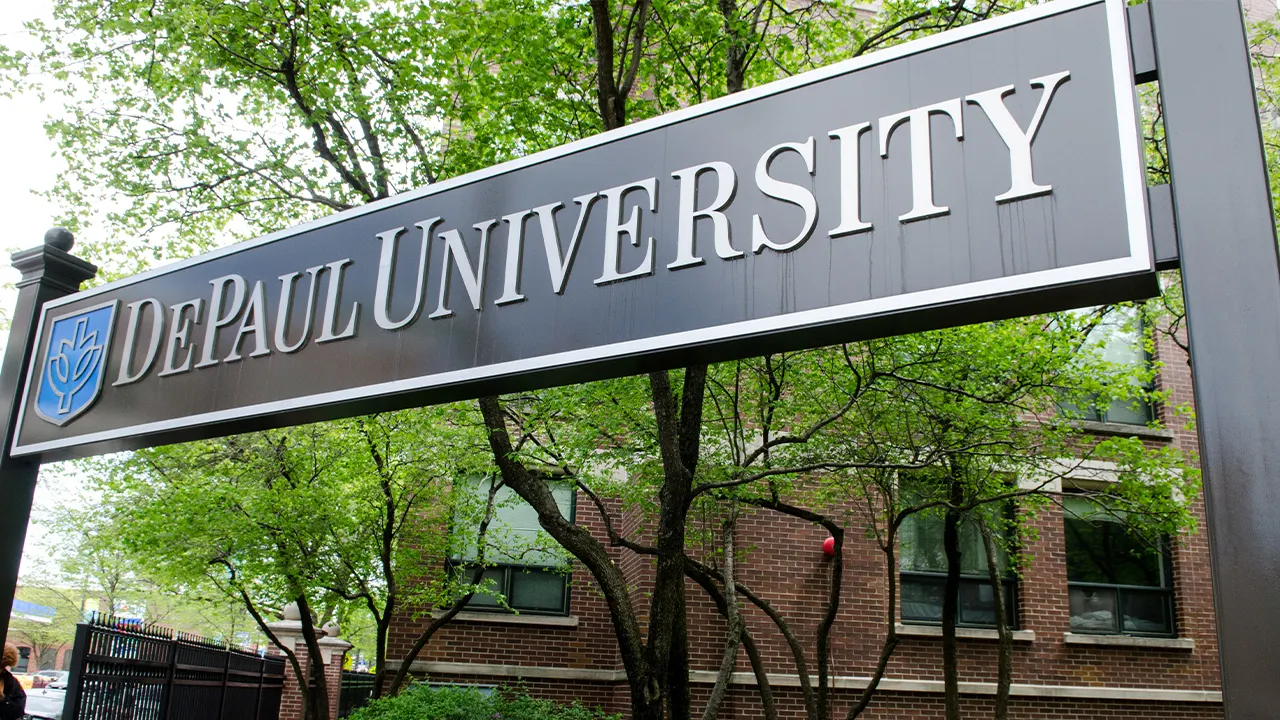

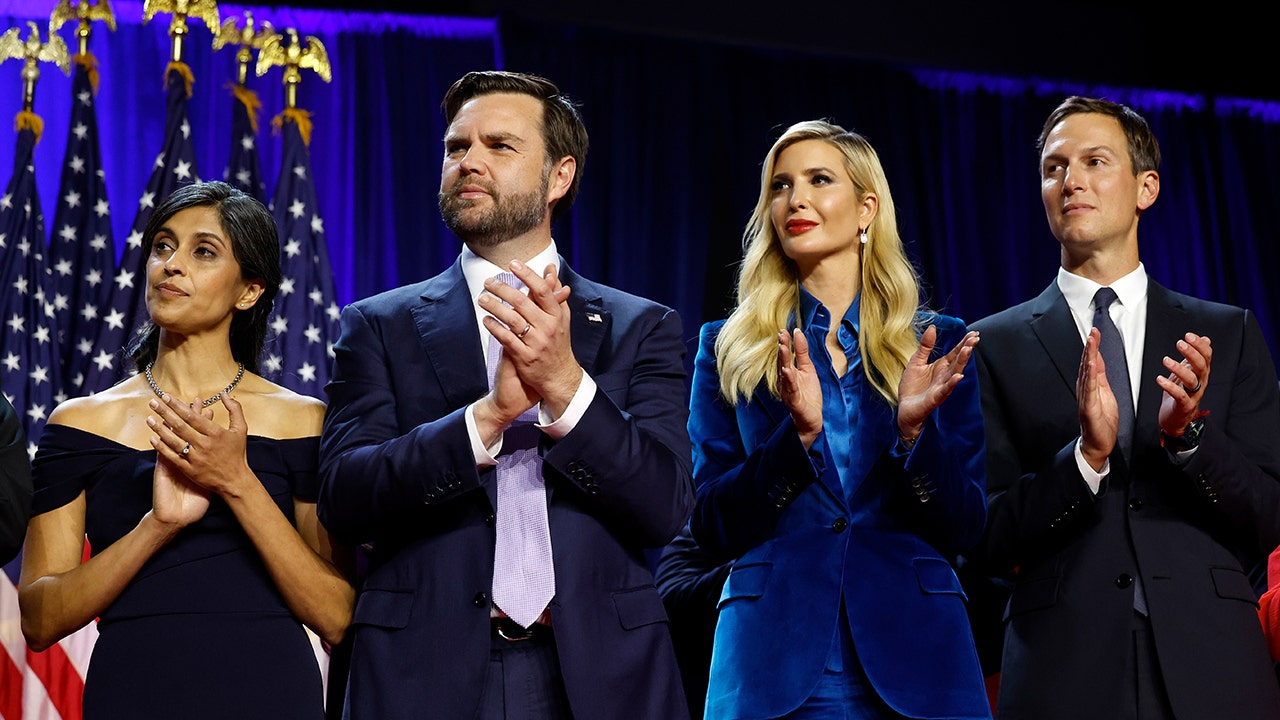
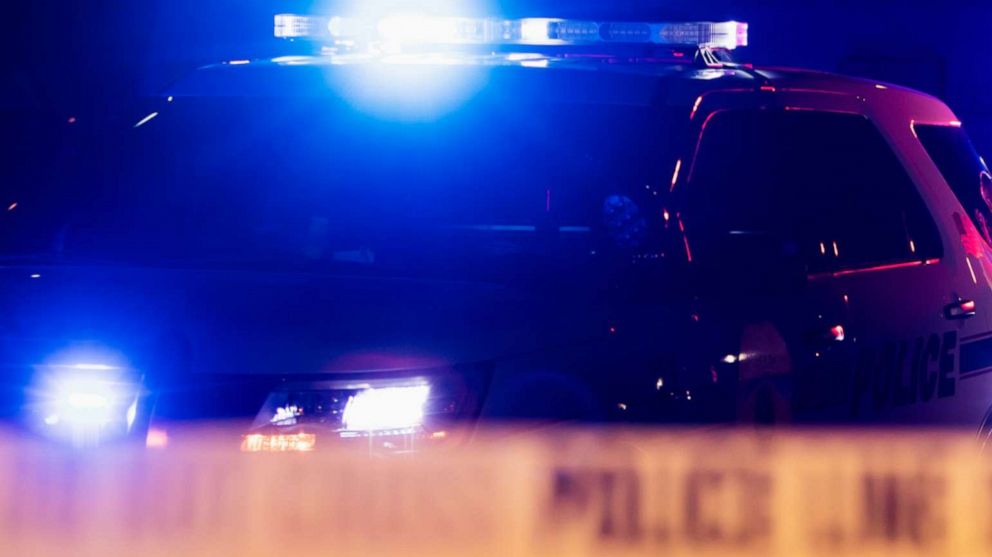


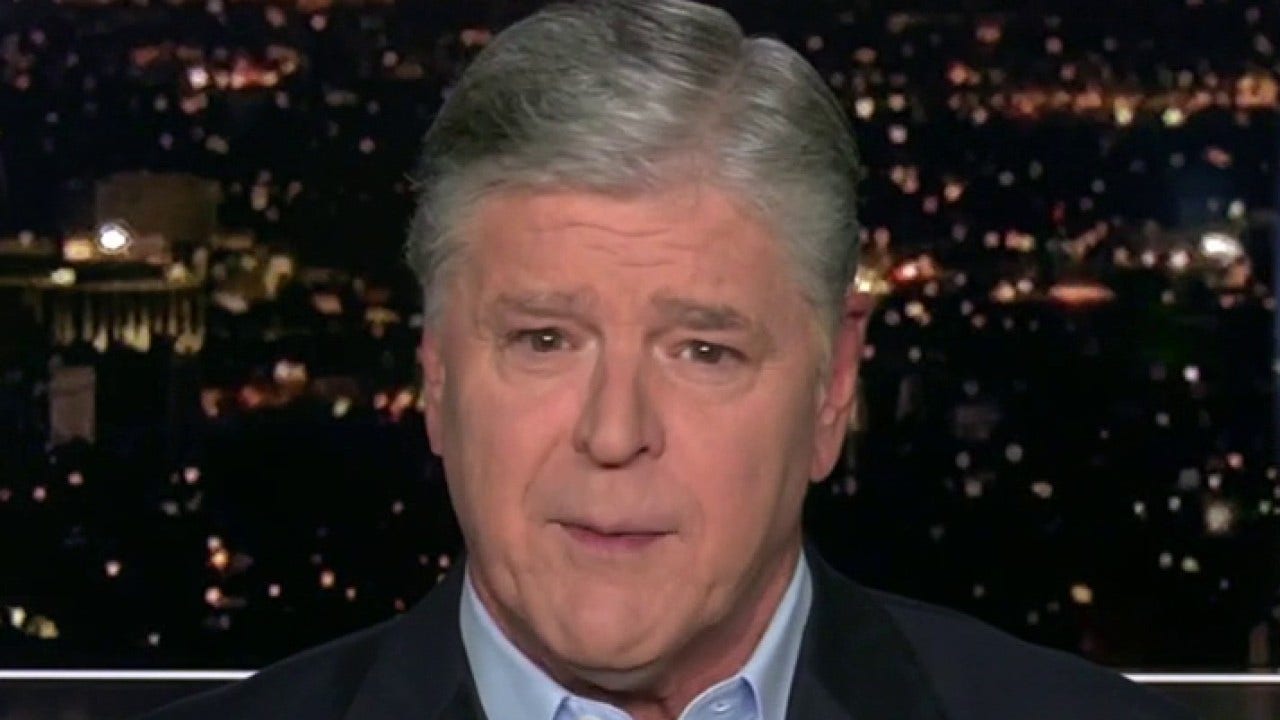

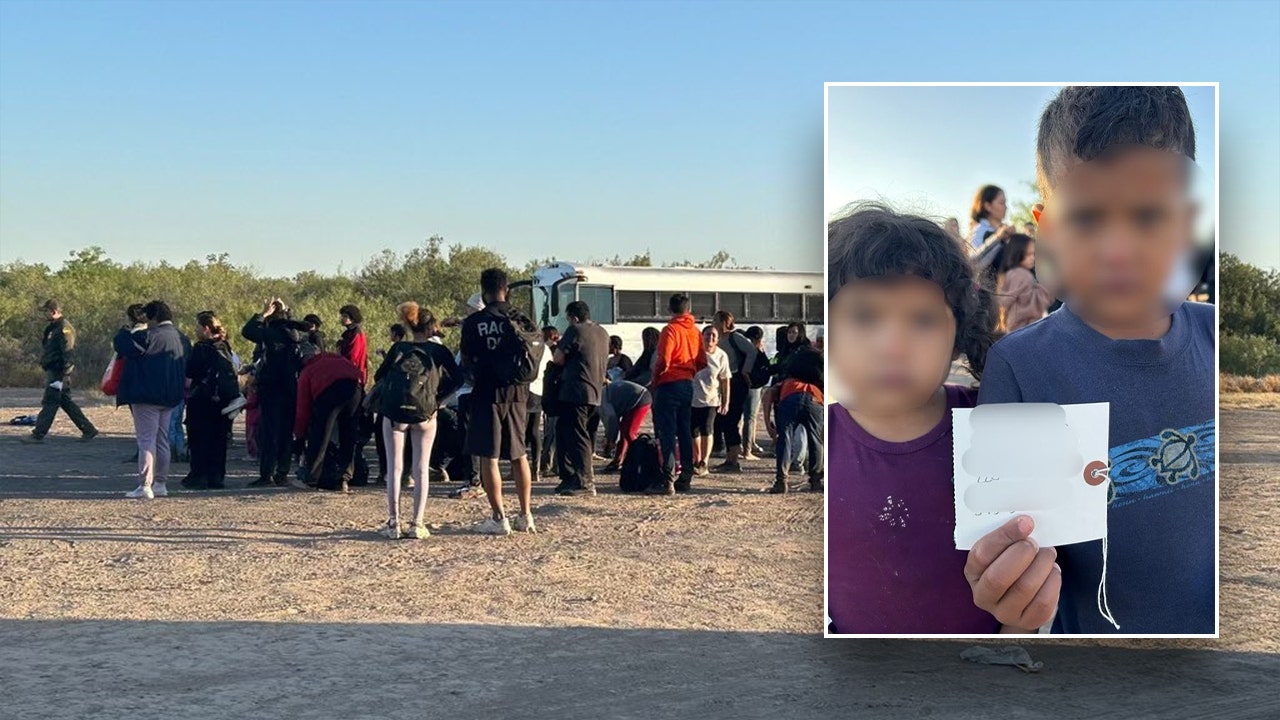






 English (US) ·
English (US) ·